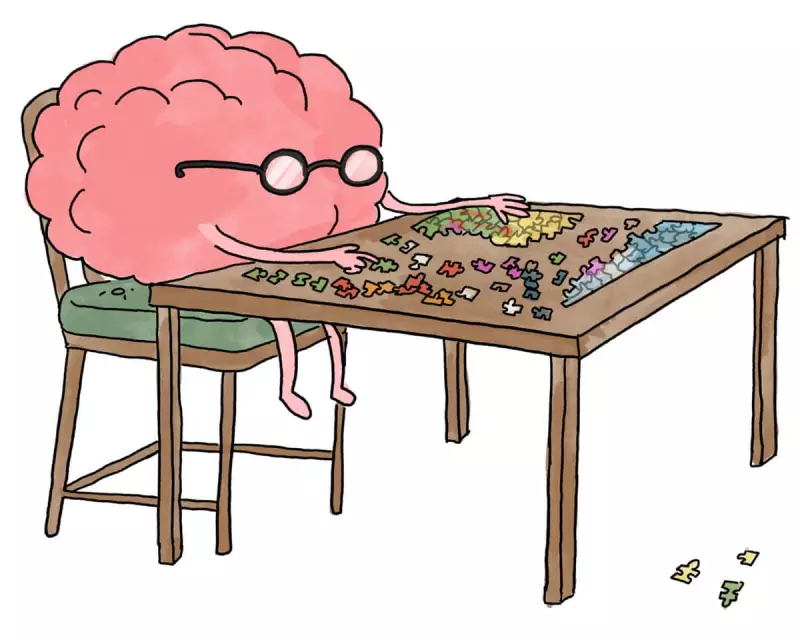
For years, we've been told that keeping our minds active with puzzles, crosswords, and sudoku could be our best defence against dementia. But does this popular wisdom hold up to scientific scrutiny?
The Great Brain Training Debate
Recent research suggests the relationship between puzzles and dementia prevention might be more complex than previously thought. While mental stimulation certainly has benefits, experts are now questioning whether it directly prevents cognitive decline or simply creates a "cognitive reserve" that delays symptoms.
Professor Rob Howard of University College London offers a sobering perspective: "I worry that people might think doing a puzzle will stop them getting dementia and then not do the things that actually are protective."
What Really Protects Your Brain?
Evidence points to several factors that genuinely reduce dementia risk:
- Physical exercise: Regular activity improves blood flow to the brain
- Healthy diet: Mediterranean-style eating patterns show protective effects
- Social engagement: Meaningful social connections support cognitive health
- Managing health conditions: Controlling blood pressure, diabetes and cholesterol
The Bottom Line on Brain Training
While puzzles might not be the magic bullet against dementia, they're certainly not harmful. The key is understanding that they're just one piece of a much larger puzzle when it comes to maintaining cognitive health throughout life.
As research continues to evolve, experts emphasise that a holistic approach combining physical health, social engagement, and mental stimulation offers the best protection against cognitive decline.





